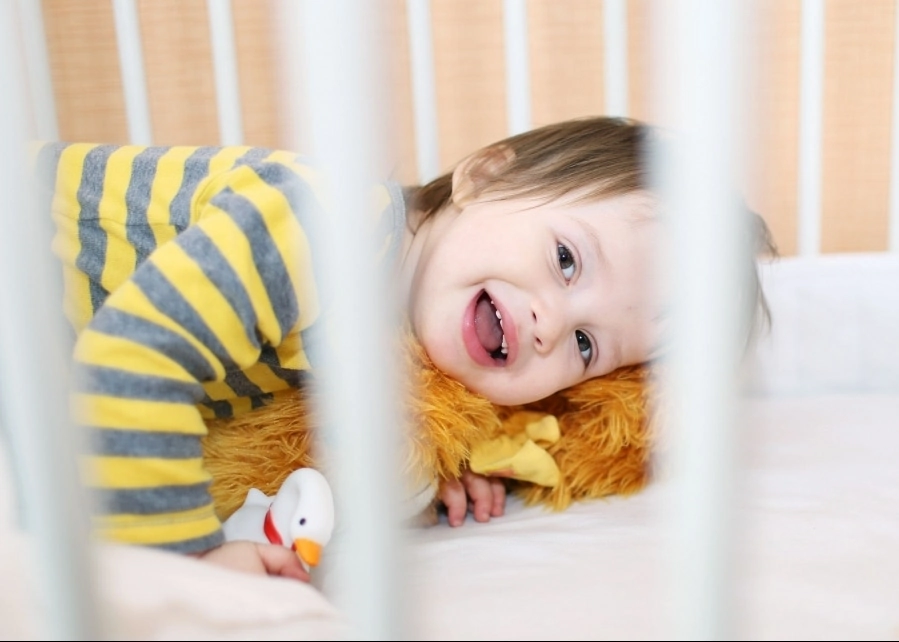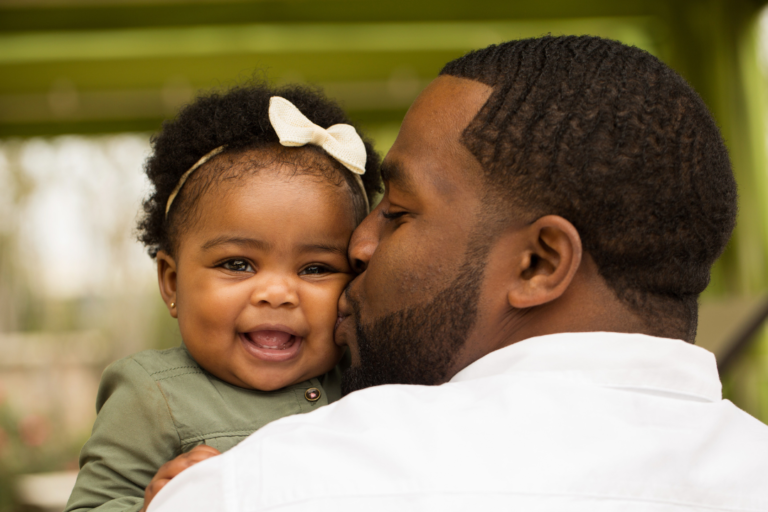To day sleep or not to day sleep? One of the biggest myths about your child’s sleep is that if you keep a baby or toddler awake in the day they will be so tired that they will sleep better at night. Nothing could be further from the truth. In actual fact, “sleep begets sleep” – in other words a good day routine results in a rested baby who will sleep better at night.
Having debunked that myth, how do we go about establishing a good day sleep routine?
Your baby’s sleep cycles
The human brain goes through cycles of drowsiness during the day that are related to the amount of time a person can keep productively awake according to their age. When you reach a certain time of day, your brain releases neurotransmitters to prepare you for sleep. After childhood, this occurs after about 6 hours of being awake, which is why after lunch hour you could happily drift off to sleep.
Babies awake times are very short, only 45minutes to an hour for newborns, up to 4/5 hours for a toddler. So the first principle is to know your baby’s awake times and settle them to sleep during the day after that amount of time has passed. By watching awake times your baby will establish a healthy, age-appropriate day sleep routine.
The second way to know when to put your baby down to sleep is to watch their signals. Your little one will signal when they are ready to sleep by rubbing their eyes, rubbing their ears and losing attention. They may start to hiccup or become irritable if you miss the early warning signs of tiredness. If you miss the cues and awake times altogether, you may well end up with an overtired little one who is impossible to get to sleep.
Day sleep in a nutshell:
- Day sleeps are vital right into the preschool years
- Put your baby down to sleep according to the awake times for their age
- Watch for early signals of tiredness before your little one becomes overtired
For more expert guidance on how to establish and stick to a routine that automatically adjusts to your baby’s age and needs, subscribe to Parent Sense. It’s the all-in-one baby app that takes the guesswork out of developing healthy sleep habits.




